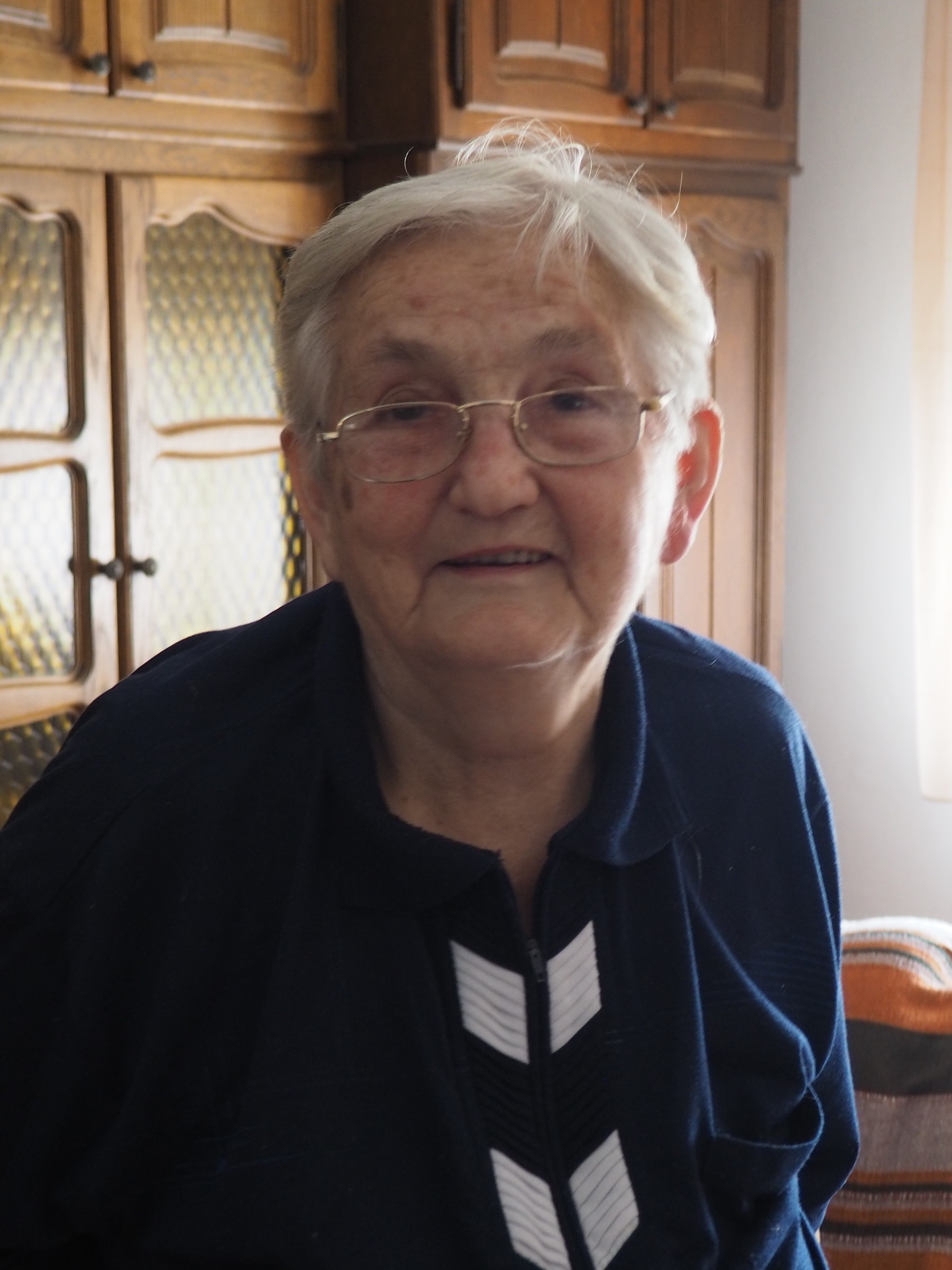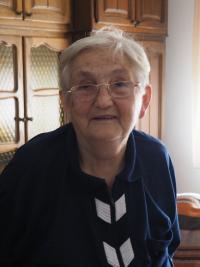They sang a song I knew from Brestov

Download image
Růženka Hušková, née Staňová, was born on 12th March 1936 in the town of Brestov in the Daruvar region in today’s Croatia. This area saw an influx of Czech immigrants since the 1820s, which is why most of the families in Brestov were Czech. Her parents also had German ancestors, at home, however, only the Czech language was spoken. Růženka went to a Croatian school for two years, then to a Czech one in the village. In 1946 her father decided to move to Czechoslovakia, reacting to a repatriation offer for the Czech nationals living in Yugoslavia made by the Czechoslovakian government. They moved to Jevišovka-Frélichov where they met Croatian families (the so-called Kroboty). These families had fled the country from the Turkish threat and were resettled to parts of the republic previously inhabited by deported German families. Czechs from Yugoslavia would usually acquire their houses, which for many was a tough thing to accept. This was the reason why the family decided to return to Brestov. The journey was a difficult one and after arriving to Daruvar they spent several days in prison. When Růženka was 13 years old she became a dressmaker’s apprentice. However, she did not stay very long since she had learnt most of the skills from her aunt. She worked in agriculture her whole life and earned money on the side sewing clothes. She had two sons with her husband, whose mother was also Czech, and they always spoke Czech in their house.
